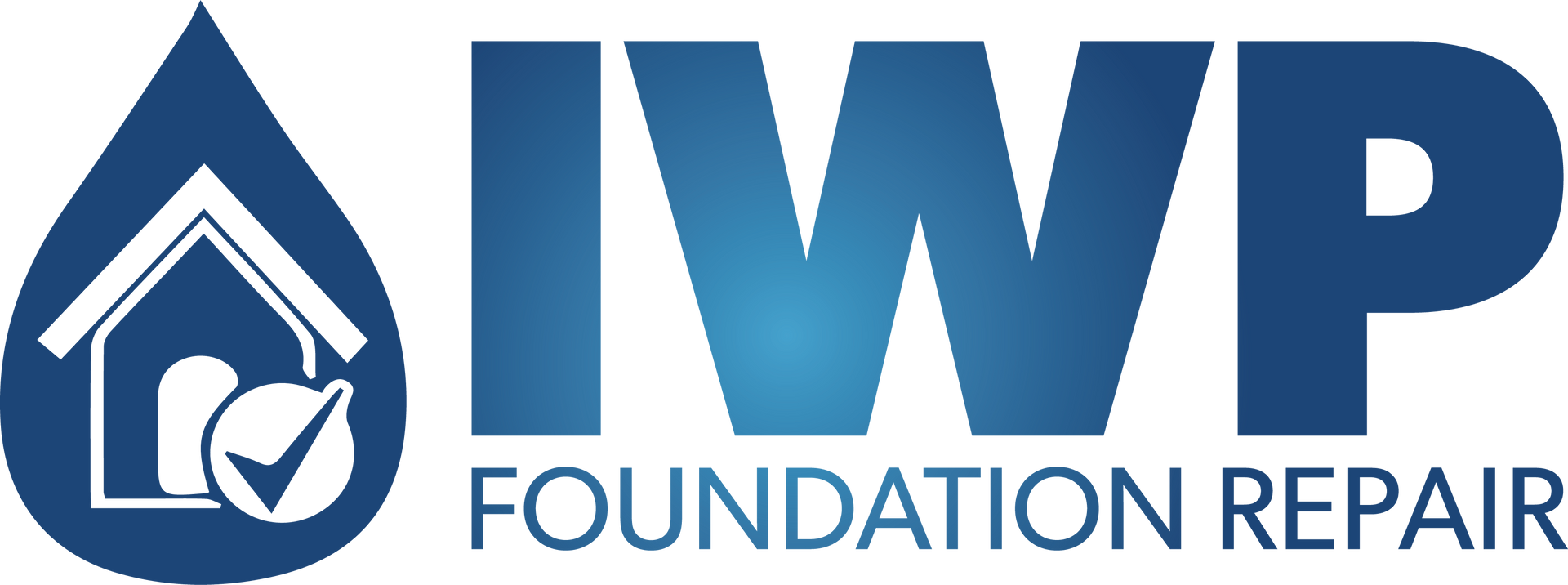When Should I Get My Foundation Inspected?
The Significance of Foundation Inspections: Knowing When It's An Emergency
The foundation of your home is the backbone of your property, and ensuring its structural integrity is crucial. Regular foundation inspections are not only essential for maintaining your home's value and safety, but they can also help you identify when an emergency inspection is needed. In this post, we'll delve into the importance of routine foundation inspections and discuss the telltale signs that should prompt an emergency inspection.
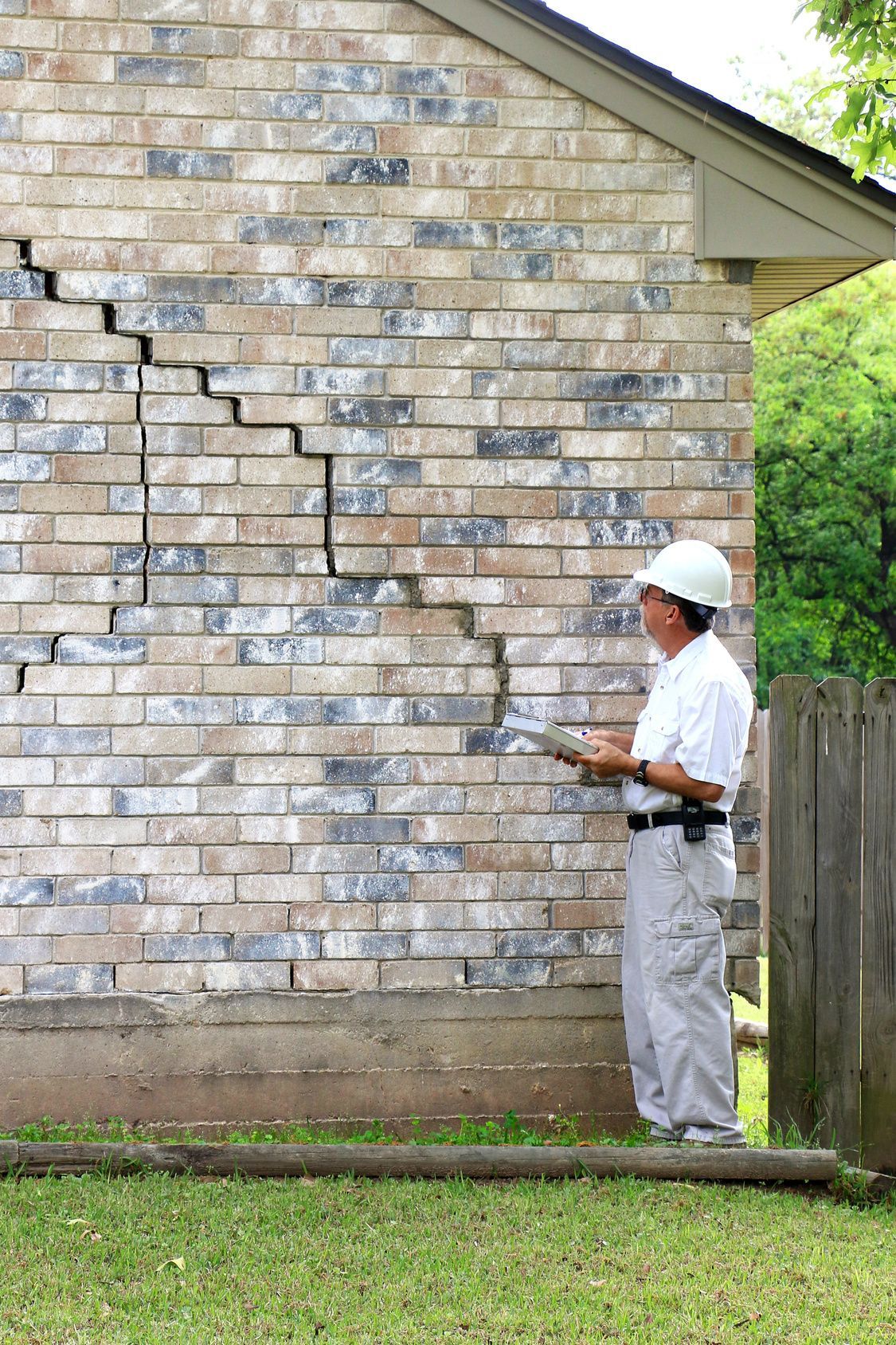
Part 1: The Importance of Routine Foundation Inspections
- Prevent Small Issues From Becoming Big Problems
Foundation issues often start small and gradually escalate over time. By connecting routine inspections, you can catch these problems in their infancy, saving yourself from expensive and extensive repairs down the line. Cracks, shifts, or settling can be addressed promptly if detected early.
- Maintaining Property Value
Your home is likely your most significant financial investment, and its foundation plays a critical role in maintaining its value. Routine inspections ensure that your property remains structurally sound, safeguarding its worth and attractiveness to potential buyers if you decide to sell in the future.
- Safety Assurance
Safety should always be a top priority. A compromised foundation can lead to accidents and injuries if not addressed promptly. Regular inspections are essential for ensuring the safety of your family and loved ones, as well as anyone who may enter your home.
- Energy Efficiency
An unstable foundation can lead to misalignments within your home's structure, causing doors and windows to lose their seals. This results in drafts, air leaks, and increased energy bills. Consistent foundation maintenance ensures that your home remains energy-efficient, saving you money in the long run.
Part 2: Knowing When It's An Emergency
- Sudden and Severe Cracks
While minor cracks may not be a cause for alarm, sudden and severe cracks should raise a red flag. Horizontal or diagonal cracks, especially those wider than 1/4 inch, are indicators of potential foundation failure. If you notice such cracks, it's time for an emergency inspection.
- Doors and Windows Jamming
If doors and windows that once opened and closed smoothly start sticking or jamming, it may be a sign of foundation issues. This occurs when the foundation shifts and causes misalignment. An emergency inspection is warranted to assess the extent of the problem.
- Uneven or Sagging Floors
A noticeable dip or unevenness in your floors can signify foundation problems. These issues can affect the safety and structural integrity of your home. If you experience these problems, don't delay- schedule an emergency inspection.
- Interior and Exterior Wall Separation
When walls start to separate from ceilings or floors, or when gaps appear between exterior walls and the foundation, it's a significant concern. This could indicate serious foundation movement and should be addressed urgently.
- Moisture and Mold Problems
Foundation issues can lead to moisture intrusion, which can result in mold growth. If you notice damp spots, water leaks, or signs of mold, an emergency inspection is vital to identify the root cause and prevent further damage.
Routine foundation inspections are essential for maintaining the structural integrity, safety, and value of your home. Knowing when to escalate an inspection to an emergency is equally important. Being vigilant and signs like severe cracks, doors/windows jamming, uneven floors, wall separation, and moisture issues can prevent significant damage and costly repairs. By staying proactive and addressing foundation problems promptly, you can protect your home and the well-being of your loved ones, ensuring that your cherished abode remains a safe and secure haven for years to come.
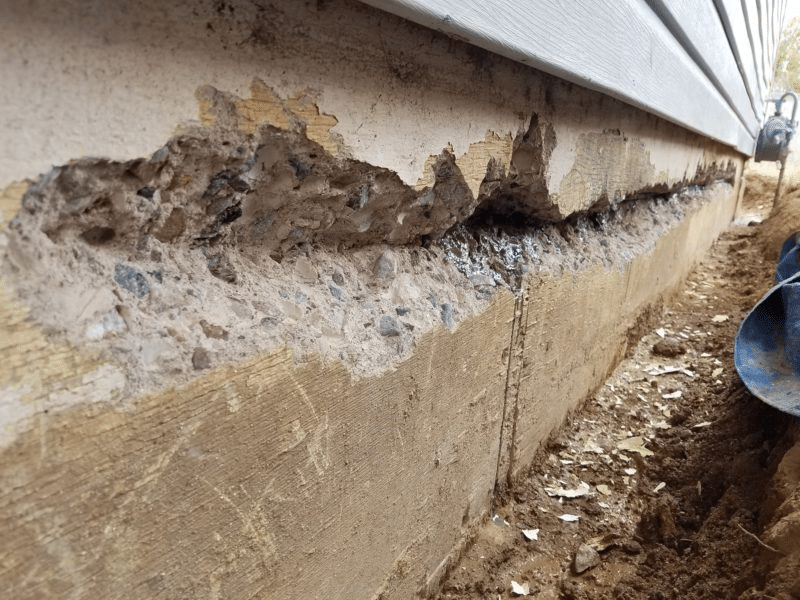
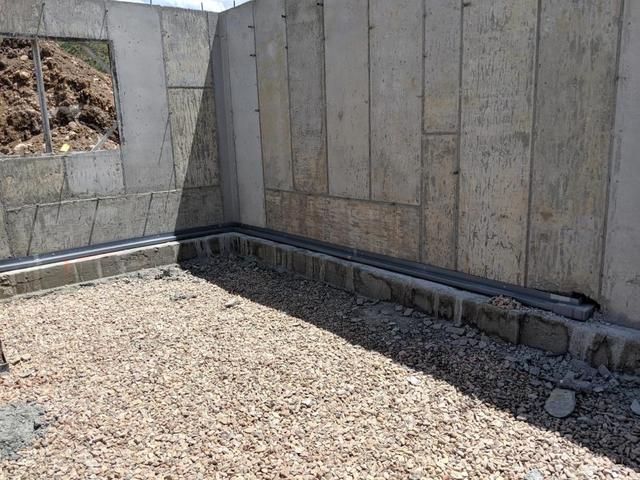


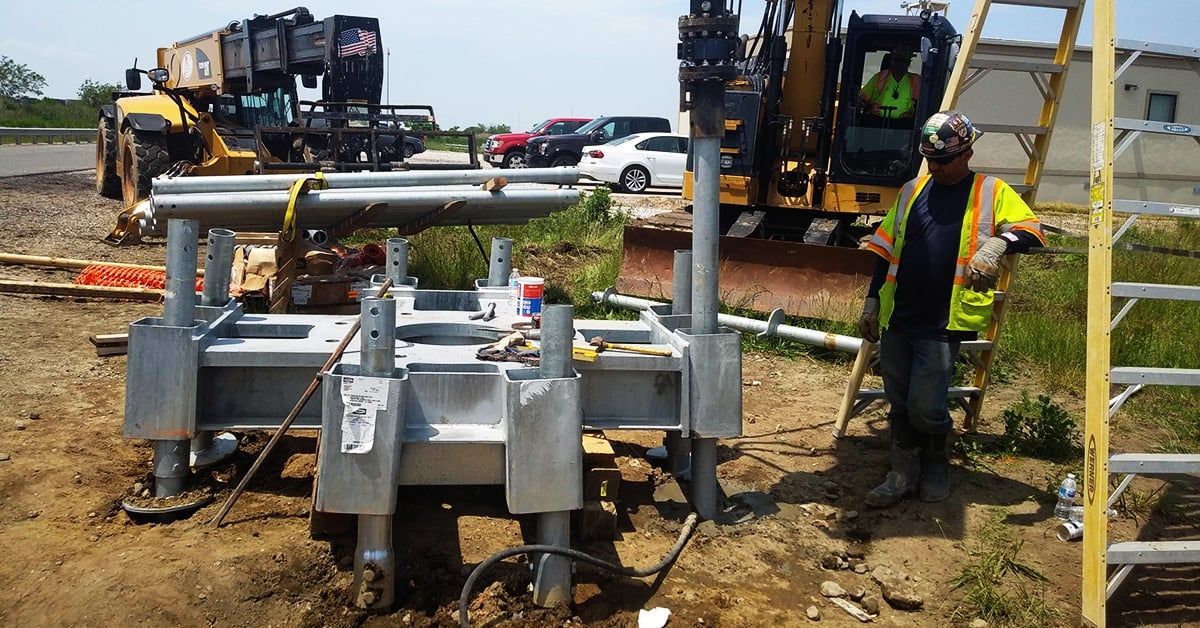





HAVE PEACE OF MIND WITH IWP FOUNDATION REPAIR
With over 30 years of combined experience in the business, you know that you can trust our team to get the job done right the first time. We value the customer experience, which is why we take the time to listen to your concerns, answer all your questions, and explain the best plan of action for your home. If you’ve noticed any foundation issues at all, no matter how minor they seem, you should call a professional. Our expert team is waiting for you, so call today for a free evaluation!
